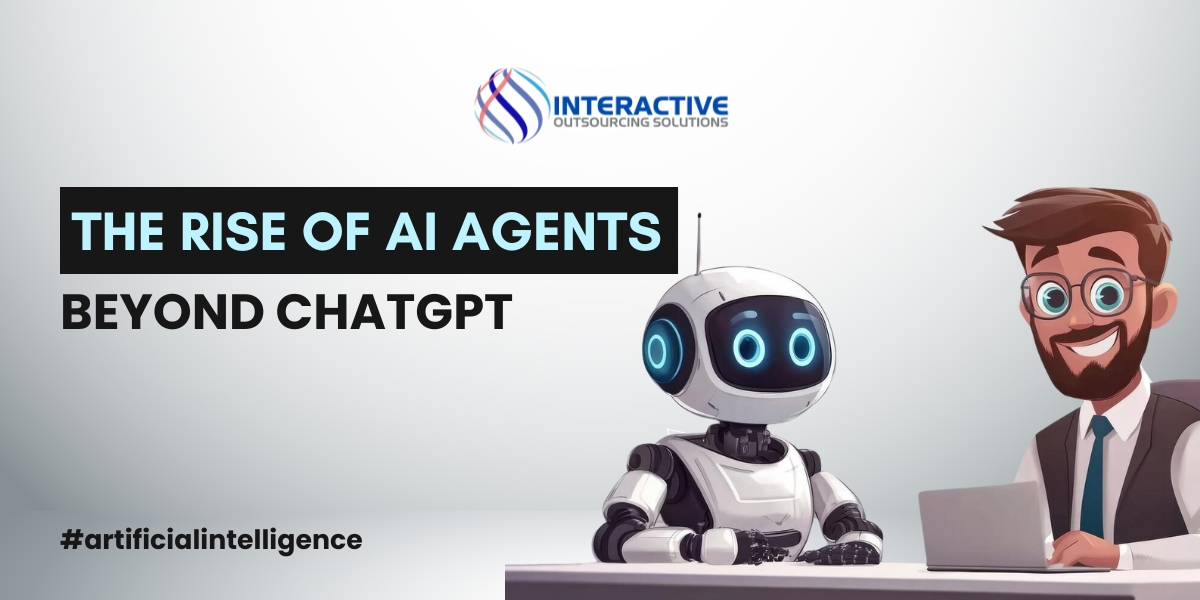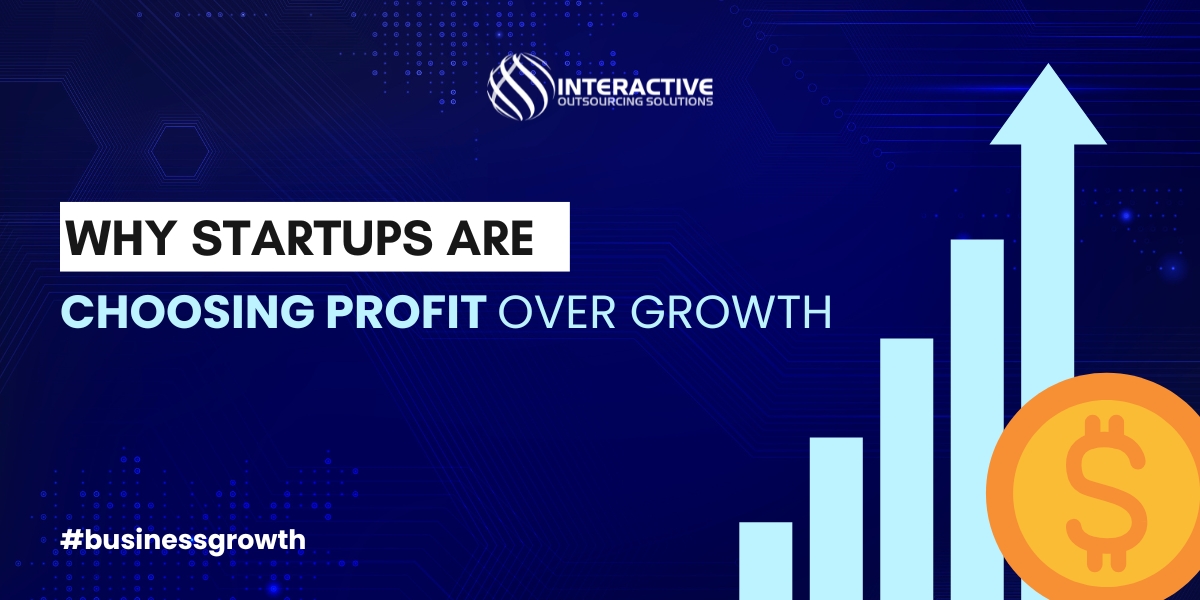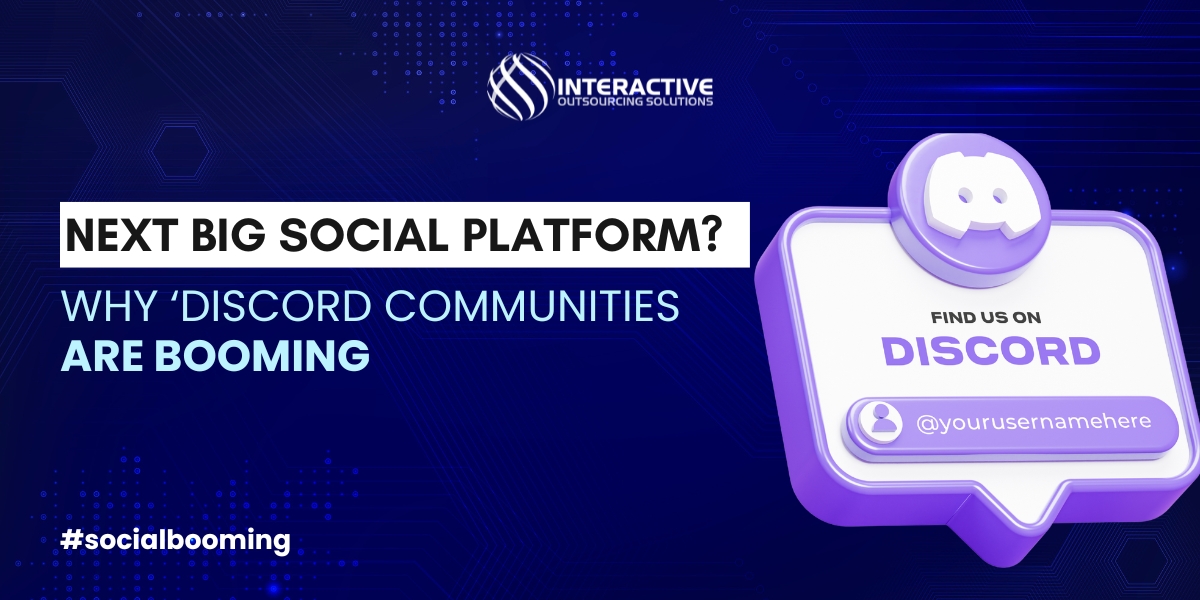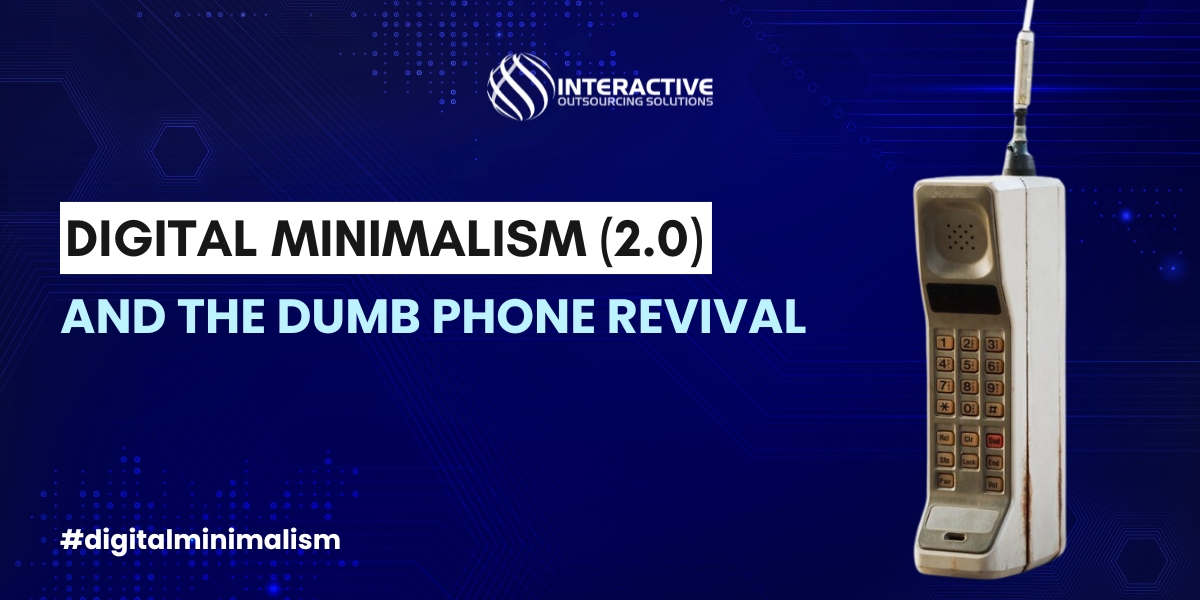Share
- Introduction: The Rise of Autonomous AI
- In this blog, we’ll explore:
- What Are AI Agents?
- Key Differences: Generative AI vs. Agentic AI
- How AI Agents Are Transforming Industries
- Enterprise Automation
- 2. Customer Service
- 3. Healthcare
- 4. Finance
- Challenges and Ethical Considerations
- The Future of AI Agents
- Conclusion: Embracing the Agent Revolution
- FAQ
Introduction: The Rise of Autonomous AI
Move over, chatbots—AI agents are here to redefine automation. While tools like ChatGPT dazzled us with their ability to generate text and answer questions, the next frontier is AI agents: autonomous systems that don’t just respond to prompts but *take action* on your behalf. From booking flights to managing supply chains, these agents are poised to transform industries by handling complex, multi-step tasks with minimal human oversight.
In this blog, we’ll explore:
– What makes AI agents different from generative AI like ChatGPT
– How they’re revolutionizing industries like healthcare, finance, and customer service
– The challenges and ethical considerations of agentic automation
– What the future holds for this transformative technology
What Are AI Agents?
AI agents are autonomous systems that perceive their environment, make decisions, and execute tasks without constant human input. Unlike generative AI (e.g., ChatGPT), which creates content based on prompts, agents *act*—whether it’s scheduling meetings, reconciling invoices, or even negotiating contracts .
Key Differences: Generative AI vs. Agentic AI
| Feature | Generative AI (e.g., ChatGPT | Agentic AI |
| Primary Function | Creates text, images, or code | Takes actions autonomously |
| Autonomy | Requires human prompts | Operates independently |
| Example | Drafting an email | ooking a flight *without* step-by-step instructions |
How AI Agents Are Transforming Industries
Enterprise Automation
AI agents are replacing brittle RPA (Robotic Process Automation) systems by handling unstructured data and adapting to exceptions. For example:
– Invoice Reconciliation: Traditional RPA fails when invoice formats change, but AI agents can interpret variations, match line items, and even email vendors for clarifications.
– Supply Chain Optimization: Agents adjust delivery routes in real-time based on weather, traffic, and shipment priorities .
2. Customer Service
Companies like Regal AI deploy agents to handle 90% of call center interactions, from scheduling doctor appointments to resolving billing disputes, without customers realizing they’re talking to AI .
3. Healthcare
– Smart Inhalers: Propeller Health’s AI agents analyze patient data (e.g., medication usage, air quality) and alert doctors to potential issues .
– Diagnostics: Agents cross-reference symptoms with medical literature to suggest diagnoses, reducing clinician workload.
4. Finance
– Risk Management: Agents monitor market fluctuations and autonomously adjust investment portfolios.
– Fraud Detection: They flag suspicious transactions by analyzing patterns across millions of data points.
Challenges and Ethical Considerations
While AI agents promise efficiency, they also raise critical concerns:
1. Trust and Transparency
– Bias: Agents can inherit biases from training data, leading to unfair decisions (e.g., loan denials) .
– Explainability: Unlike ChatGPT, agents make opaque decisions. For example, why did an agent reject a vendor invoice? .
2. Security Risks
Agents require access to sensitive systems (email, calendars, banking), creating vulnerabilities if hacked.
3. Job Displacement
Though experts argue agents will augment rather than replace jobs, roles like data entry clerks and call center staff face disruption.
The Future of AI Agents
1. Human-AI Collaboration
The most successful implementations will blend human oversight with agent autonomy. For example:
– Healthcare: Doctors approve AI-generated treatment plans.
– Legal: Lawyers review contracts drafted by agents.
2. Personal AI Assistants
Imagine an agent that:
– Manages your calendar *and* negotiates meeting times with colleagues.
– Shops for groceries by comparing prices and dietary preferences.
3. Regulatory Evolution
Governments are scrambling to draft policies for agent accountability, especially in high-stakes fields like healthcare and finance.
Conclusion: Embracing the Agent Revolution
AI agents represent a paradigm shift—from *reactive* tools like ChatGPT to *proactive* systems that work alongside us. While challenges remain, their potential to democratize expertise (e.g., giving small businesses access to AI-powered HR or accounting) is unparalleled.
The question isn’t *if* you’ll use AI agents, but *how soon*. Will you wait for competitors to adopt them, or lead the charge?
FAQ
Q: Can I try AI agents today?
A: Yes! Tools like Microsoft Copilot (for workflow automation) and Proxy 1.0 (for web tasks) are already available.
Q: Are agents expensive to implement?
A: Costs vary. Startups like Relevance AI offer affordable solutions, while enterprise platforms (e.g., Salesforce Agentforce) require larger investments.
Q: How do I ensure my AI agent isn’t biased?
A: Audit training data, diversify development teams, and maintain human review loops






